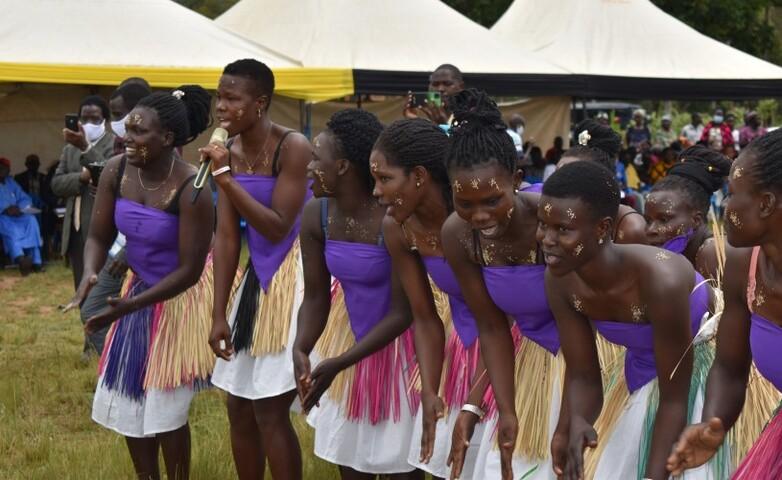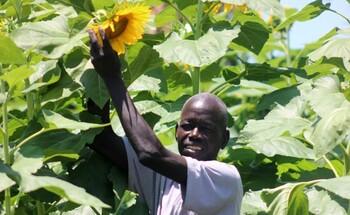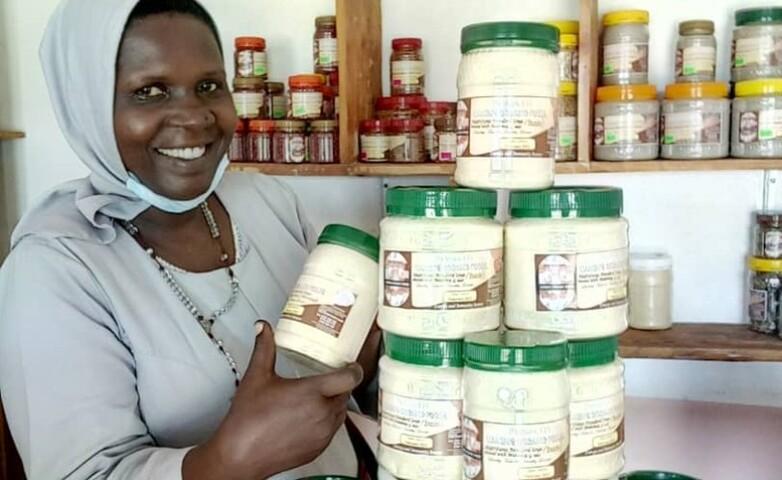Context
Uganda hosts nearly 1,7 million refugees, mainly from South Sudan, the Democratic Republic of the Congo, and Sudan, making it the country with the third-largest refugee population globally. Over 80 per cent are women and children, many lacking literacy, employment, or stable household incomes.
To address these issues, Uganda has adopted the Comprehensive Refugee Response Framework (CRRF) and Refugee and Host Population Empowerment (ReHoPE) strategy. These initiatives aim to integrate refugees into local development plans by promoting resilience and self-reliance. However, limited resources within local governments hinder implementation, affecting access to basic services and economic opportunities.
Objective
Local authorities in Northern Uganda deliver quality services to all residents, fostering resilient communities and creating thriving economic opportunities for both refugees and host populations.



